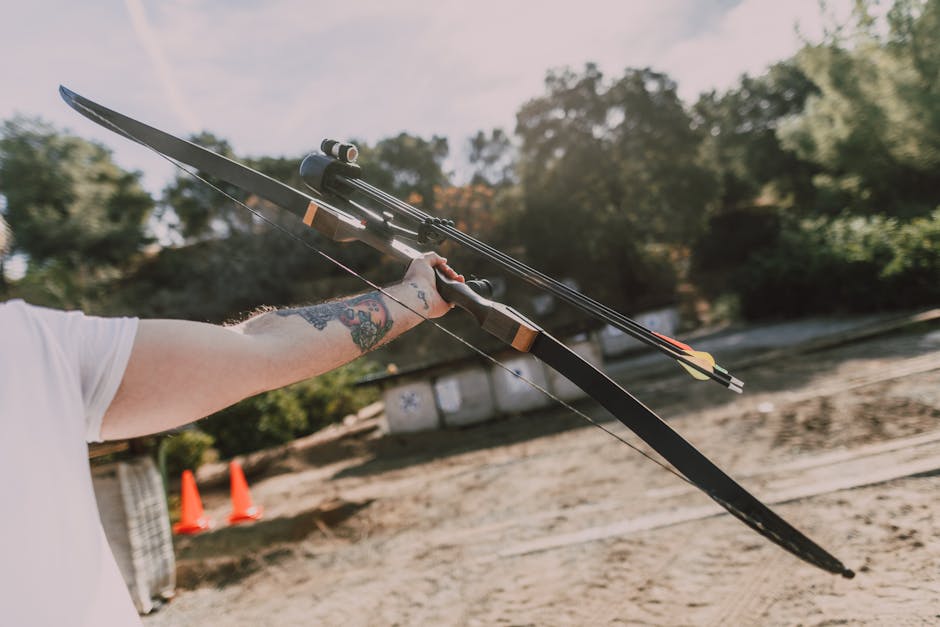What is ‘Summer Penis’? Understanding the Challenges of Warm Weather on Male Genitalia
The term “Summer Penis” isn’t a medically recognized term, but it colloquially refers to the unique challenges men face with their genitalia during warmer months. Increased heat, humidity, sweating, and changes in clothing can all contribute to discomfort and potential health issues. This article will delve into these common summer-related problems, offer practical solutions for maintaining hygiene and comfort, and emphasize the importance of seeking medical attention when necessary.

The Impact of Heat and Humidity
Heat and humidity are major contributors to summer penis discomfort. The scrotum, designed to regulate testicle temperature, can become overheated in hot weather. This can lead to:

- Increased sweating: Excessive sweating in the groin area can create a moist environment conducive to bacterial and fungal growth.
- Chafing and irritation: Friction from clothing, especially tight-fitting garments, can cause chafing and irritation, leading to soreness and discomfort.
- Priapism (rare but serious): While less common, prolonged erections (priapism) can sometimes be triggered by heat exposure, requiring immediate medical attention.
- Heat rash: Small, itchy bumps can appear on the skin of the scrotum and penis due to excessive sweating.
Hygiene Practices for Summer Comfort
Maintaining good hygiene is crucial for preventing summer penis problems. Here’s a breakdown of essential practices:
- Regular cleaning: Gently wash the penis and scrotum with mild soap and water once or twice daily. Avoid harsh soaps or scented products that can irritate the skin.
- Proper drying: Thoroughly dry the area after washing, patting gently rather than rubbing. Moisture trapped in the groin area fosters bacterial and fungal growth.
- Loose-fitting clothing: Opt for loose-fitting, breathable underwear and clothing made from natural fabrics like cotton. Avoid tight-fitting synthetic materials that trap heat and moisture.
- Hydration: Staying adequately hydrated helps regulate body temperature and reduces sweating.
- Showering after sweating: Showering or washing the groin area after sweating, particularly after physical activity, is essential to remove sweat and prevent irritation.
Common Summer Penis Problems and Their Solutions
Several specific issues can arise during the summer months. Let’s explore some of the most common problems and their solutions:

1. Jock Itch (Tinea Cruris)
Jock itch is a fungal infection causing a red, itchy rash in the groin area. Treatment typically involves antifungal creams or powders available over-the-counter. Maintaining good hygiene and keeping the area dry are crucial for prevention.
2. Balanitis (Penis Inflammation)
Balanitis is inflammation of the glans penis (head). It can be caused by various factors, including poor hygiene, infections, or allergic reactions. Symptoms include redness, swelling, itching, and pain. Treatment depends on the underlying cause and may involve antifungal or antibiotic medications.
3. Yeast Infections
Yeast infections, caused by Candida fungus, can occur in warm, moist environments. Symptoms include redness, itching, and a white, cheesy discharge. Over-the-counter antifungal creams are usually effective, but medical attention is recommended if symptoms persist.
4. Bacterial Infections
Bacterial infections can lead to redness, swelling, pain, and pus. These often require antibiotic treatment prescribed by a doctor.
5. Ingrown Hairs
Ingrown hairs, common in the groin area, can cause irritation, redness, and bumps. Gentle exfoliation can help prevent ingrown hairs. Avoid shaving against the direction of hair growth.
When to Seek Medical Attention
While many summer penis issues are minor and treatable at home, it’s crucial to seek medical attention if you experience:
- Severe pain or discomfort
- Persistent swelling or redness
- Pus or discharge
- Fever
- Symptoms that don’t improve after a week of home treatment
- Priapism (prolonged, painful erection)
Preventing Summer Penis Problems: A Proactive Approach
Proactive measures can significantly reduce the risk of summer penis issues. Beyond the hygiene practices already mentioned, consider these tips:
- Wear protective clothing: When exposed to the sun for extended periods, consider wearing protective clothing to prevent sunburn.
- Use sunscreen: Apply a broad-spectrum sunscreen to the genital area if exposed to direct sunlight.
- Regular checkups: Schedule regular checkups with your doctor or urologist for preventive care and early detection of any potential problems.
- Healthy lifestyle: A healthy lifestyle, including a balanced diet and regular exercise, contributes to overall health and well-being, including genital health.
Conclusion: Embracing Summer Comfort and Health
While the term “Summer Penis” may seem informal, it highlights a genuine concern for men’s genital health during warmer months. By understanding the challenges posed by heat, humidity, and increased sweating, and by adopting appropriate hygiene practices and preventative measures, men can enjoy the summer months without experiencing unnecessary discomfort or health problems. Remember that seeking professional medical advice is crucial when facing persistent or concerning symptoms.

